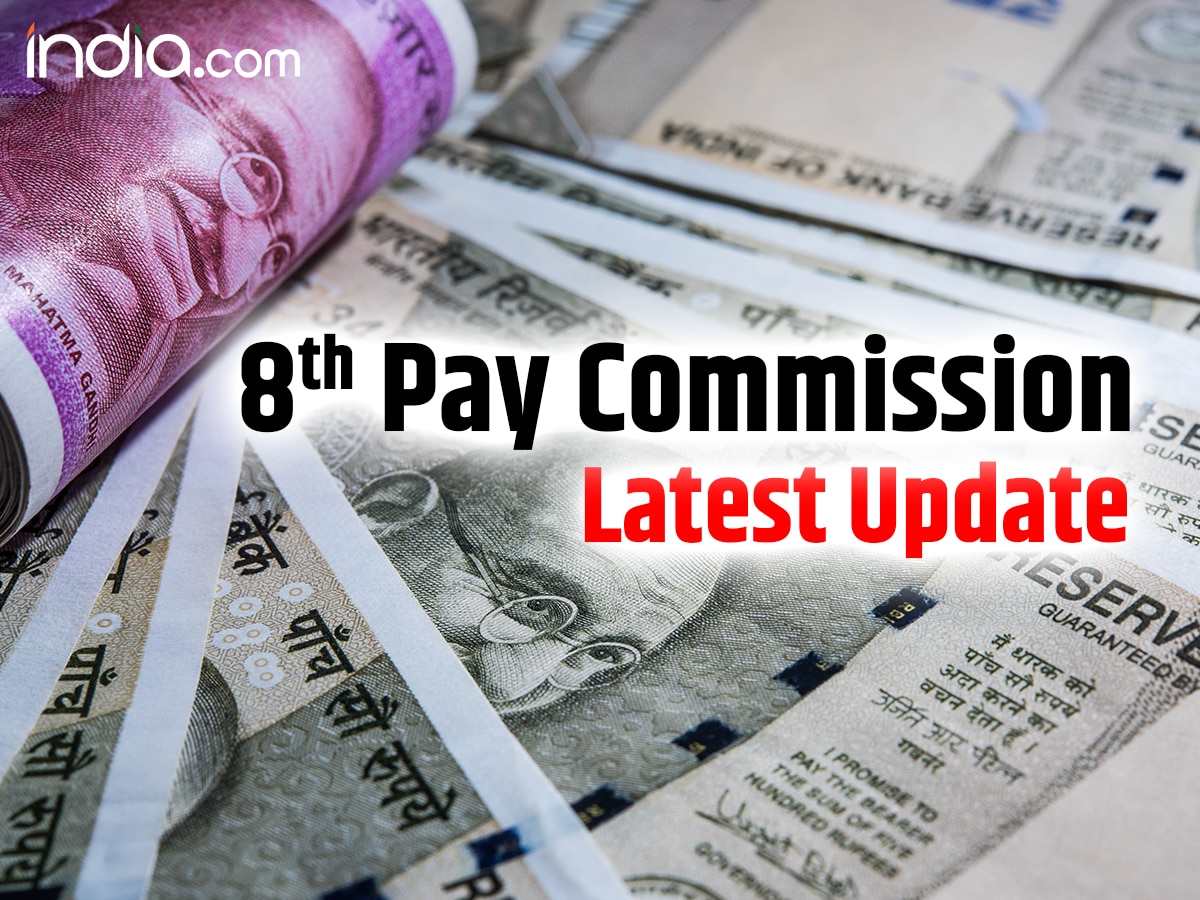The UPS announcement comes amid discussions around the potential timing of the 8th Pay Commission, further highlighting the government’s focus on addressing employee and pensioner concerns.

8th Pay Commission Update: In a matter of good news for the central government employees, the Unified Pension Scheme (UPS) was introduced as a balanced approach between the Old Pension Scheme (OPS) and the National Pension System (NPS) last week. The announcement received a positive response from the National Federation of Indian Railwaymen (NFIR). Notably, this announcement comes amid discussions around the potential timing of the 8th Pay Commission, further highlighting the government’s focus on addressing employee and pensioner concerns.
Expectations On 8th Pay Commission
Moreover, the NFIR has implored that the central government steps in to establish a new, 8th Pay Commission. Their main goal with his commission is to help determine an appropriate salary adjustment for their employees. So, it’s expected that the announcement on 8th pay commission will come soon.
Over 23 Lakh Govt Employees Under NPS To Get UPS
The just-announced Unified Pension Scheme for central government employees will be available only for those who are currently subscribers of the New Pension Scheme (NPS), including retirees.
The new scheme guarantees employees 50 per cent of their average basic pay over the last 12 months before retirement as a pension for a minimum qualifying service of 25 years against a market returns linked payout under the NPS.
According to the scheme approved by the Union Cabinet, the pension will be proportionate for a lesser service period of up to a minimum of 10 years. Also, assured pension of Rs 10,000 per month on superannuation after a minimum of 10 years of service.
The scheme has been brought out to address the concerns of government employees over NPS, which came into effect from January 1, 2004. Under the old pension scheme (OPS), effective before January 2004, employees got 50 per cent of their last drawn basic pay as pension.
Unlike the old pension scheme, UPS is contributory in nature, wherein employees will be required to contribute 10 per cent of their basic salary and dearness allowance while the employer’s contribution (the central government) will be 18.5 per cent.
Under the NPS, the employer contribution is 14 per cent, and the employee contribution is 10 per cent. However, the eventual payout depends on the market returns on that corpus, mostly invested in government debt.
(With inputs from agencies)

